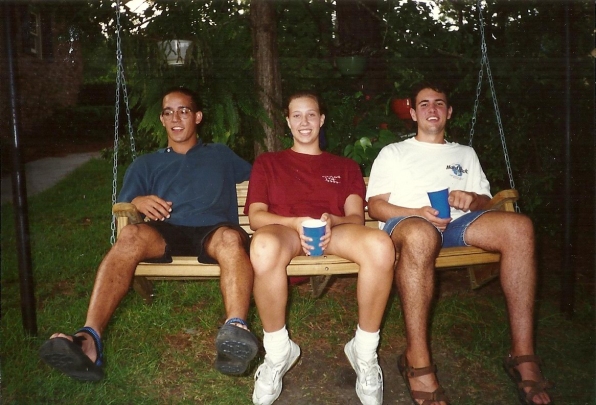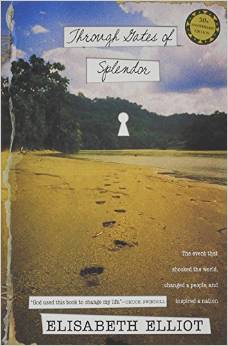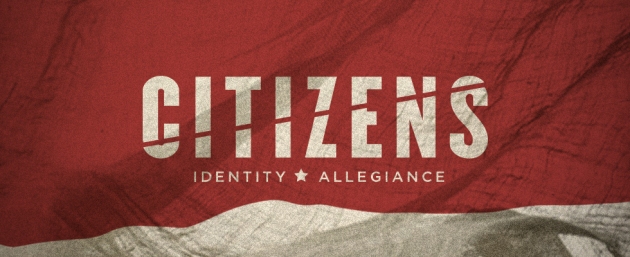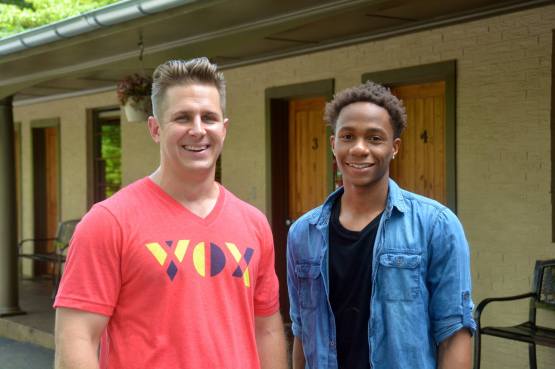For the past few years, I have regularly considered giving up blogging. Every three or four months or so, I would wake up, think about all the things going on in my life, and I would be 100% ready to stop blogging. And every time, that very same day, I would get an email, or a note, or a text thanking me for having written something that encouraged or motivated them.
And I would get back to my laptop and hack away at it.
Sometimes those encouragements would be from a close friend, and sometimes from someone I knew casually, and sometimes from a completely stranger. It never ceased to amaze me how God would use my ramblings to help someone else, and to give a voice to the voiceless and an image to the unseen.
But now I am sure that I need a break from blogging. Not just a week or a month, but for the rest of the year (or longer).





